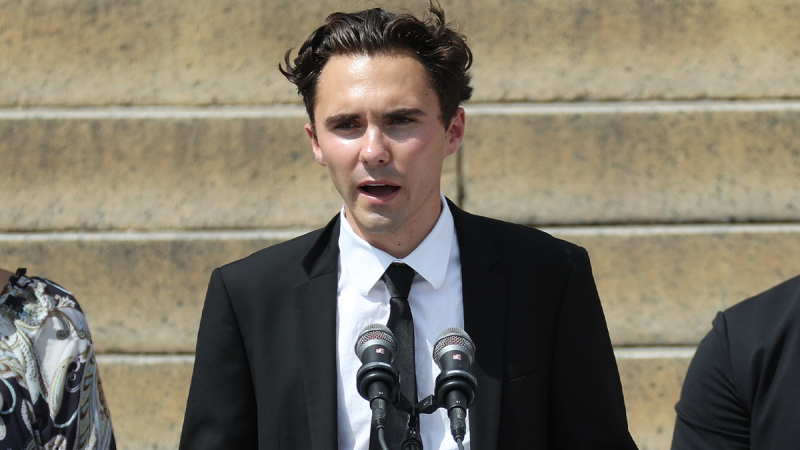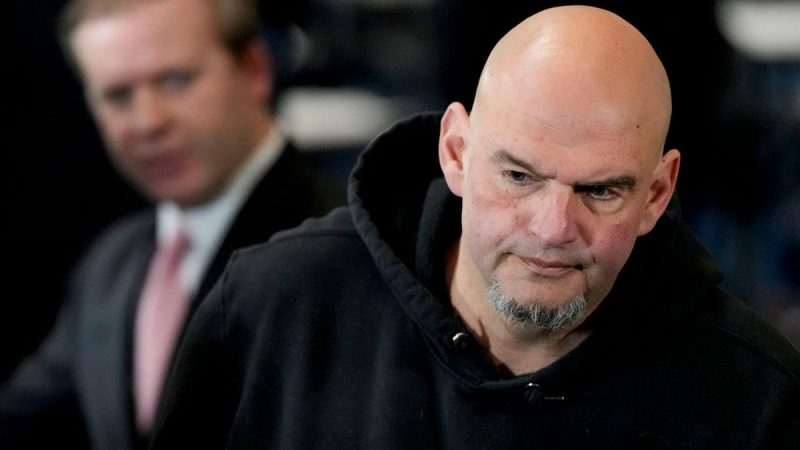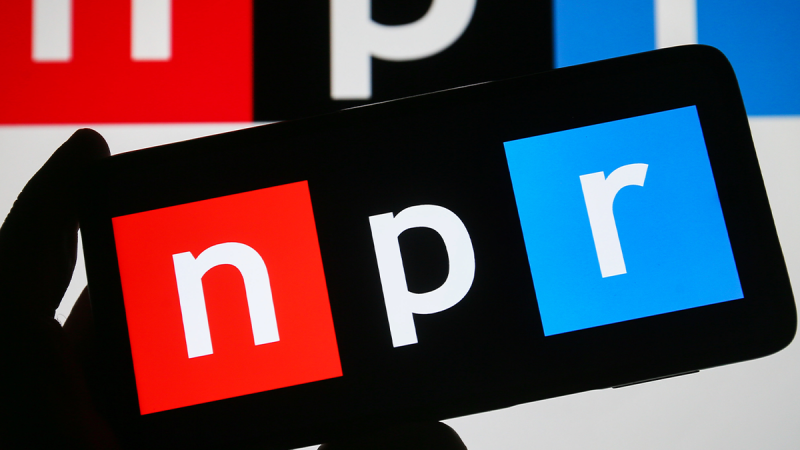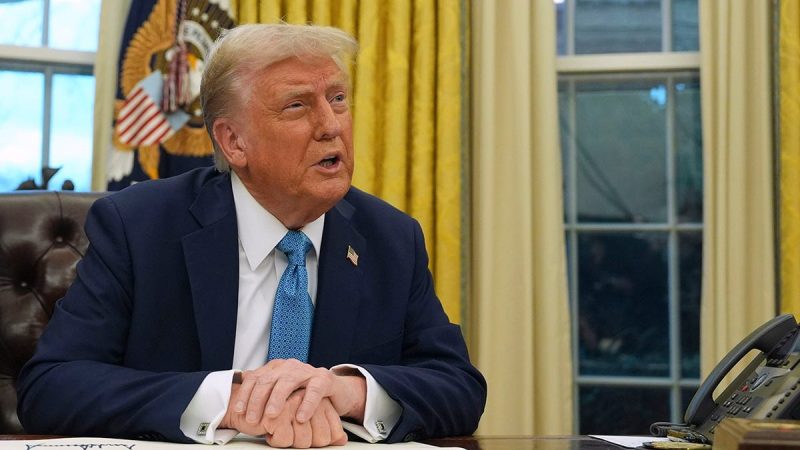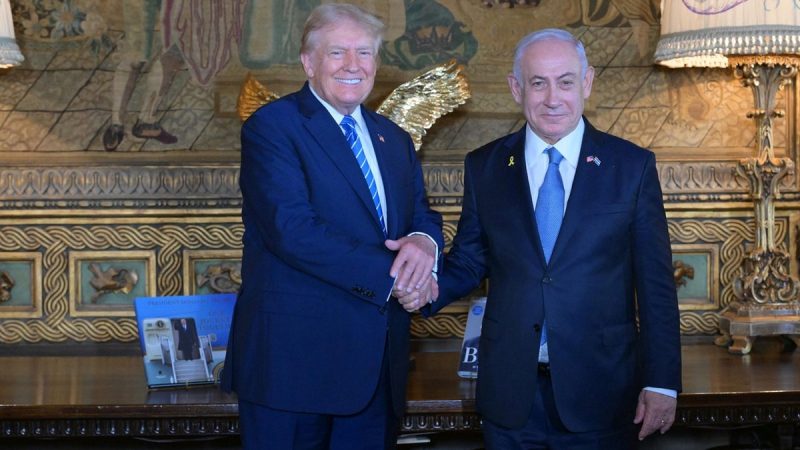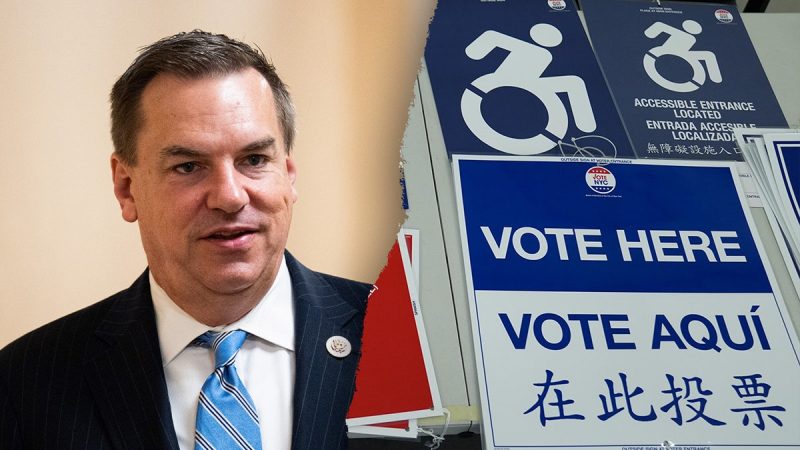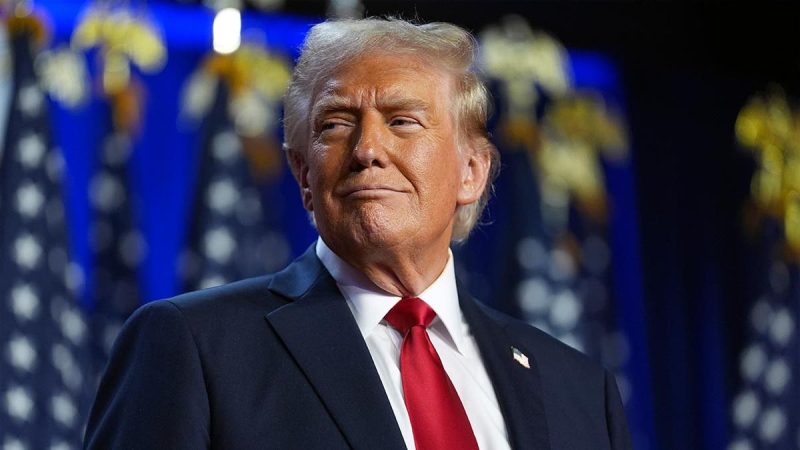
President Donald Trump has a busy week planned to start February, including speeding through more confirmations for the president’s Cabinet picks.
Trump made good on his promise of new tariffs over the weekend, hitting Canada and Mexico with 25% duties and China with a 10% tariff over concerns about fentanyl and continued illegal immigration.
Those tariffs are expected to be fully in force by Tuesday and have already drawn retaliation from Canada, with Prime Minister Justin Trudeau announcing a 25% tariff on some goods coming into the country from the U.S. on Sunday. Mexico, meanwhile, has also signaled a plan to impose tariffs on the U.S., though specific increases have yet to be announced.
The beginning of the week will also see the deadline pass for six senior FBI officials to retire, resign or be fired, according to a report by USA Today, making good on Trump’s plans to push aside leaders who were promoted by former FBI Director Christopher Wray.
Monday will also see the Senate vote on Trump’s pick for treasury secretary, Scott Bessent, as well as a vote to advance former Rep. Sean Duffy, R-Wis., Trump’s pick to serve as transportation secretary.
Tuesday will see Israeli Prime Minister Benjamin Netanyahu meet with Trump at the White House, the first meeting between the two leaders since Trump regained control of the Oval Office.
Robert F. Kennedy Jr., Trump’s pick to lead the Department of Health and Human Services, will appear before the Senate Committee on Finance on Wednesday, a day that will also see Howard Lutnick, Trump’s choice for commerce secretary, appear before the Senate Committee on Commerce, Science, and Transportation, and former Sen. Kelly Loeffler, R-Ga., Trump’s choice to lead the Small Business Administration, will testify in front of the Senate Committee on Small Business.
Wednesday will also see the Senate Committee on the Judiciary vote on whether to send former Florida Attorney General Pam Bondi, Trump’s pick to lead the Department of Justice, to the full floor for a confirmation vote.
Thursday is the deadline for federal workers to decide whether they would prefer to return to work in the office or accept a buyout and severance package that would see them paid through the end of September, part of Trump’s plan to trim the federal workforce.
Thursday will also be a busy day for Trump Cabinet picks, with Kash Patel, Trump’s pick to lead the FBI, appearing before the Senate Judiciary Panel. Meanwhile, Kennedy will make an appearance in front of the Senate Committee on Health, Education, Labor and Pensions, while former Rep. Tulsi Gabbard of Hawaii, Trump’s choice to be the director of national intelligence, will appear before the Senate Select Committee on Intelligence.
The Senate’s Budget panel will also vote whether to move Russ Vought, who Trump nominated to lead the Office of Management and Budget, to a vote on the full floor, while the Senate Foreign Relations Committee will decide whether to advance Rep. Elise Stefanik, R-N.Y., Trump’s choice for U.S. ambassador to the United Nations.
The busy week will see another highlight Friday when the Bureau of Labor Statistics’ first monthly jobs report comes out since Trump took office, with the U.S. looking to hit 49 consecutive months of job gains.



